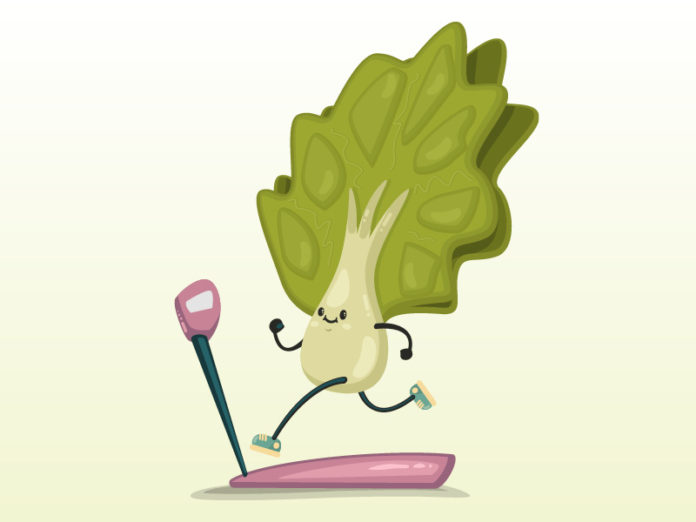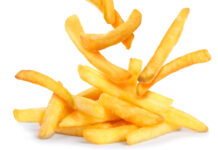
For decades vegans have been fighting the belief that plant-based proteins are ‘incomplete’ because they are ‘missing’ amino acids. Yet, as a biologist, I am highly skeptical of this so-called belief.
My skepticism – and that of my fellow scientists – is rooted in these two facts:
Plants use the same twenty amino acids that we do to build their proteins (the genetic code is universal).
All animals ultimately get their protein from plants (or plant-like phytoplankton) – either directly or indirectly through the food chain.
Here are two key concepts:
-
- Proteins are long chains of amino acids made by stringing together the 20 different amino acids.
- Nine of the 20 amino acids are considered essential amino acids (or EAAs) because our bodies can’t make them. These must be supplied by your diet.
Over the years, numerous scientists have tried to get ‘expert bodies’ to revise their erroneous statements about plant-based proteins. Despite such efforts, the myth of incomplete plant proteins is still going strong.
Much of the confusion comes from using language loosely. Plants are not ‘missing’ amino acids. The word ‘missing’ implies zero or very low, whereas all plants include all twenty amino acids – in at least moderate amounts.
Be informed when using the word ‘complete’ or ‘incomplete’ to describe a protein. We should be thinking about a day’s intake rather than a single serving. It is not necessary to meet your daily needs at every meal.
A complete protein contains all nine amino acids the body can’t produce. Studies have proven that plant-based foods, like seeds, vegetables and whole grains, include all the amino acids in varying amounts. That means if you eat a balanced plant-based diet, you will have eaten more than enough protein by the end of the day.
A related, under appreciated fact is that when your body makes a new protein, it uses amino acids from both your latest meal AND from your reservoir ‘pool.’ This pool comes from the amino acids that are recycled in your body naturally and complements what you are eating, allowing the body to mix and match amino acids to the quantity that is needed.
So the next time someone questions whether you’re eating enough protein on your vegan diet, just remind them that all protein ultimately comes from plants, even the protein found in meat. And calling plant-proteins ‘incomplete’ is like calling milk an incomplete source of calcium because it takes more than one glass to meet your daily needs!
The Complete Story About Beans & Rice
You may have heard that you should pair rice with beans to get a ‘complete protein’. The truth is that rice and beans (and all other plants) each contain all nine amino acids, in varying amounts.
Yet, there is a kernel of truth to this advice. If rice were my only food, I could fall short of my daily requirements for one amino acid – lysine, because rice only has a small amount of this amino acid. By adding a serving of beans, I shoot up my lysine levels to easily clear 100%.
In developing countries where food is scarce and grains are staples, there is a real risk of lysine deficiencies. However, when food is abundant and most of us are eating a varied diet, there is no real risk of failing to meet your amino acid needs.















